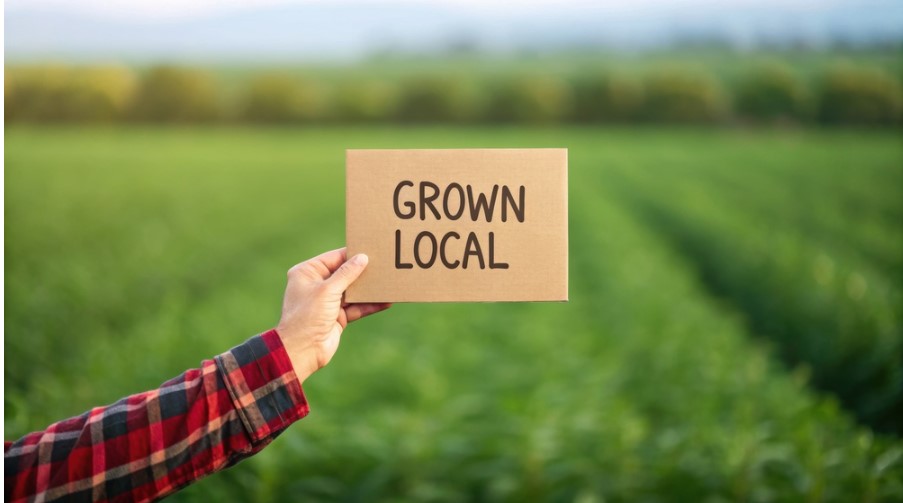Recent research on medical cannabis led me to a post discussing the advantages of purchasing locally grown products. This struck me as odd. I can understand promoting local growers in the recreational market, but products being locally grown is pretty meaningless in medical cannabis.
To understand why, it is important to note just how tightly regulated the medical market is. States like Utah do not allow recreational marijuana consumption. They go to great lengths to make sure their medical markets are kept under control. But what about states like Oklahoma, states where cannabis is barely regulated at all?
Even states that have flung open the doors to recreational marijuana still control their medical markets to some degree. As the thinking goes, medical cannabis patients need affordable access to the highest quality, most potent cannabis on the market. The only way to guarantee they get the best of the best is to regulate the market. Therein lies the rub.
Utah Is a Great Example
Utah is the perfect example of what this post asserts. The Beehive State controls the market so tightly that it even limits the number of licenses issued to cannabis businesses. Take medical cannabis pharmacies. Only fifteen have been licensed to date. There are no plans to offer any more licenses in the near future.
Beehive Farmacy is one of the license holders. The company operates medical cannabis pharmacies in Brigham City and Salt Lake City. Here is the interesting thing: state law dictates that all medical cannabis sold in Utah must also be grown and processed within its borders. It is illegal for either individuals or companies to import cannabis – in any form – from other states or overseas. That automatically limits Beehive Farmacy to products produced in Utah.
Not That Many Growers
The next thing to consider is that there are not as many growers in Utah as there are in more populous states, like Colorado and California. Fewer cannabis growers and processors leads to spreading products out over the entire state.
Utah being as rural as it is creates yet another factor to consider. Most processors and pharmacies are located in and around the state’s urban centers. Growers want to be as close to those centers as possible in order to control their costs. That leaves rural areas without any local representation.
Finally, cannabis companies might be able to get away with advertising ‘locally grown’ cannabis simply because all the plants grown to make medical cannabis products are planted and harvested in Utah. Being in Utah means being close enough.
Quality Is the Most Important Thing
The locally grown designation doesn’t mean a whole lot when it comes to medical cannabis. A more important indicator is product quality. And for that, patients need to do more than just read labels and pay attention to marketing messages. They also need to ask questions and do some research. And in many cases, they need to try a product before coming to any sort of conclusion about it.
Rather than worrying about whether medical cannabis is locally grown or not, patients should worry about what they are getting for their money. If you are a medical cannabis user, pay attention to product ingredients. Look carefully at THC or CBD volume. Look at things that will directly impact your experience as a patient.
When everything else about medical cannabis is in line for you, then start worrying about whether your products are locally grown. There is something to be said for going local. But in the medical cannabis space, being locally grown does not mean a whole lot.

